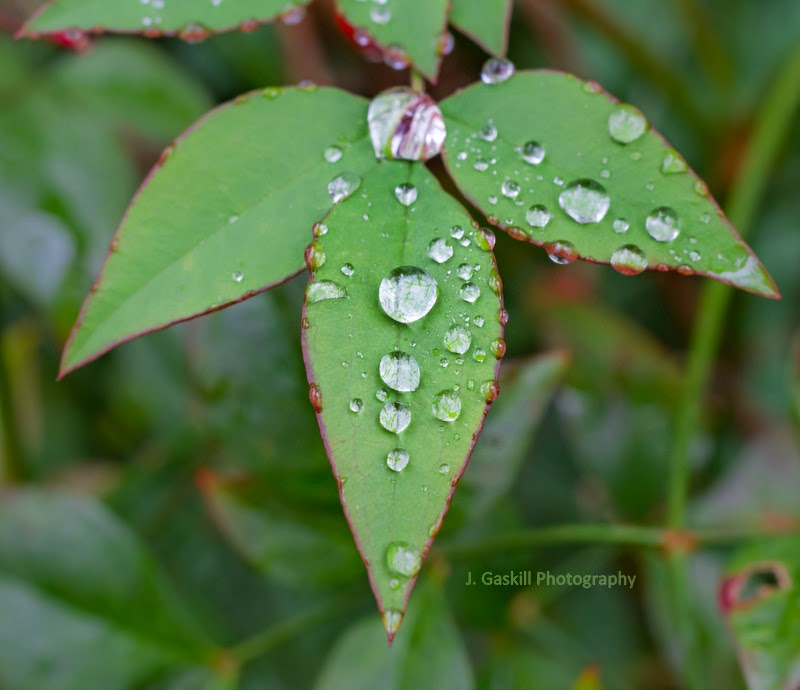“Is your church having a Watch Night Service?” a friend asked.
That question set me to thinking about Watch Night services
I attended while growing up in the beautiful north Georgia mountains. Each New
Year’s Eve around 10 p.m., our family would meet with other families at the
little country church, and together we would worship as we waited for the
arrival of the New Year. We’d sing hymns and pray. Some folks would stand and
testify about the blessings the Lord had given them in the past and how they
trusted Him to be faithful to them in the coming year.
Those simple services stand in stark contrast to the way so
many people celebrate today. Back in those long-ago days, we knew nothing about
“toasting” in the New Year, of being among the thousands who gather in large
cities to celebrate, of needing “designated drivers” to get us home, and so
forth. We celebrated quietly, with hearts filled with gratitude to our gracious
God—and with our hands, figuratively speaking, in His, trusting Him to lead us
and to guide us in the coming year, as He had in the past.
Even though Watch Night Services are pretty much a thing of
the past, I continue to celebrate the coming of the New Year in a similar
manner in my own home. As the old year draws to an end, I sit quietly and reflect
on the ways God blessed me in it and thank Him for His mercy and grace. I ask
Him to take care of me in the New Year and to show me the paths He wants me to
follow, since what was said to God’s people centuries ago as they prepared to
enter the land He had promised to them can be said to me—and to you, Dear
Reader: “You have not been this way
before” (Joshua 3:4).
Since we, like they, need Him to lead us, let’s wait quietly
and watch eagerly for Him.



































